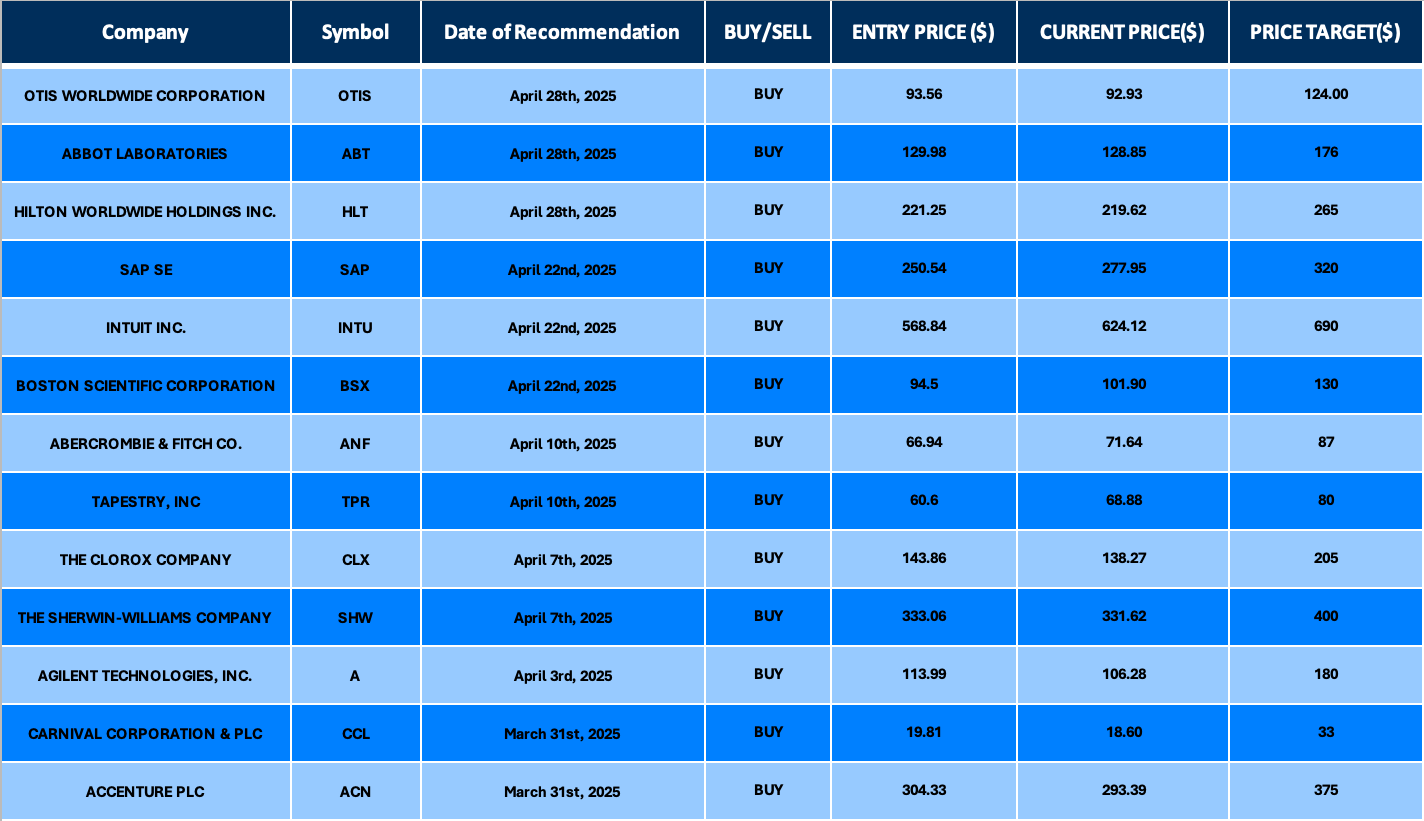
Date Issued – 9th May 2025
Preview
Asian markets surged Friday, with Japan’s Nikkei and Taiwan’s benchmark rallying on U.S.-UK trade optimism, while Bitcoin reclaimed $100,000, nearing its $109,000 record high. TSMC posted record April sales as customers rushed orders ahead of looming U.S. tariffs, highlighting the chipmaker’s reliance on AI-driven demand despite tariff risks. Meanwhile, Mitsubishi Heavy projected 10% profit growth this year, driven by robust defence demand, though U.S. tariff uncertainty persists. In China, slowing export growth and factory activity contraction underscore the economic toll of U.S.-China trade tensions as talks loom this weekend. Investors face a complex landscape of geopolitical risks and opportunities.
Asian Markets Surge on Trade Optimism; Bitcoin Nears All-Time High
Asian equities rallied Friday as Japan’s Nikkei rose 1.7% and Taiwan’s benchmark gained 1.8%, driven by optimism surrounding a U.S.-UK trade deal and its potential implications for broader tariff reductions. Technology stocks led gains, while MSCI’s Asia-Pacific index climbed 0.4%. U.S. crude extended its 3% Thursday surge, while Bitcoin soared to $103,909.17, its highest since January, amid strong inflows into crypto ETFs and whale buying. However, caution prevailed as the U.S.-UK deal left critical tariffs intact, tempering expectations for Sino-U.S. trade talks this weekend. Meanwhile, the dollar index touched a one-month high, supported by rising Treasury yields.
Investment Insight: While the U.S.-UK trade deal offers limited immediate economic impact, it signals a pro-trade stance that could buoy market sentiment in the near term. Investors should monitor developments in Sino-U.S. negotiations, as constructive signals could further propel equities, particularly in export-sensitive sectors. Bitcoin’s rally highlights the growing institutional inflows, suggesting potential upside, but caution is warranted near resistance levels. Diversified exposure across equities, commodities, and digital assets remains prudent amidst evolving trade and macro dynamics.
Mitsubishi Heavy Projects 10% Profit Growth on Defence Strength
Mitsubishi Heavy Industries (MHI) forecasted a 9.6% rise in operating profit to 420 billion yen ($2.9 billion) for the fiscal year ending March 2026, driven by robust demand in its aerospace and defence segment, which is expected to grow 40%. Energy systems are also slated for a 17% profit increase. This follows a 35.6% profit growth last year, though pretax earnings of 374.5 billion yen fell short of the 401.6 billion yen analyst consensus. The company noted its guidance does not account for potential impacts from U.S. tariff policies, maintaining a cautious outlook.
Investment Insight: Mitsubishi Heavy’s strong positioning in defence and energy systems highlights resilience against global macro uncertainties. Investors may find value in the company’s growth trajectory, particularly in defence amid rising geopolitical tensions. However, ongoing U.S. tariff risks warrant close monitoring, with potential implications for profitability. Diversifying within industrials and defence-focused equities could mitigate sector-specific volatility.
Market price: Mitsubishi Heavy Industries Ltd. (TYO: 7011): JPY 2,732
China’s Exports Slow as Tariffs Bite, Trade Talks Loom
China’s export growth slowed to 8.1% in April, down from 12.4% in March, as U.S. tariffs of up to 145% on Chinese goods took effect. Exports to the U.S. fell 2.5%, while imports from the U.S. dropped 4.7%. The trade war’s toll is evident, with China’s factory activity contracting at its fastest pace in 16 months and U.S. growth turning negative in Q1. This weekend’s Geneva talks between U.S. and Chinese officials hold slim prospects for a breakthrough, with tariff reductions and export controls on the table. Meanwhile, China’s reliance on exports to the U.S., which accounted for 14.7% of its total goods exports last year, underscores the stakes for both economies.
Investment Insight: The persisting U.S.-China trade tensions add a layer of uncertainty for global markets. Investors should consider reallocating towards sectors less exposed to trade disruptions, such as domestic-focused industries or companies with diversified supply chains. Additionally, watch for potential easing measures from Beijing, as China may roll out stimulus to counteract trade-related slowdowns. Defensive strategies remain prudent amid heightened geopolitical and economic risks.

Bitcoin Reclaims $100,000 as Record High Comes Into Focus
Bitcoin surged above $100,000 on Thursday, gaining nearly 40% from last month’s low. The breakout follows a consolidation period and optimism around U.S. trade agreements, setting the stage for a potential retest of Bitcoin’s January high of $109,000. Analysts are closely watching resistance at $107,000 and a potential upside target of $120,000, while key support levels include $100,000 and $92,000. Despite the rally, declining trading volumes on major exchanges like Coinbase suggest muted interest.
Investment Insight: Bitcoin’s reclaiming of $100,000 signals strong momentum, but overbought technical indicators and declining volumes warrant a measured approach. Investors should monitor price action near $107,000 for resistance and $100,000 for potential breakdown risks. Long-term holders may benefit from maintaining exposure, while traders could target the $120,000 level if bullish momentum persists. Diversification remains critical as crypto markets remain volatile and sensitive to macroeconomic developments.
TSMC Sales Hit Record High as Tariff Fears Drive Order Surge
Taiwan Semiconductor Manufacturing Co. (TSMC) reported record April sales of T$349.57 billion ($10.76 billion), up 48.1% year-on-year, fueled by customers accelerating orders ahead of impending U.S. tariffs. Year-to-date revenue reached T$1.19 trillion, a 43.5% increase from 2024. This surge comes amid U.S. plans to impose a 32% tariff on Taiwanese imports starting July, alongside a 10% universal export tariff. Despite expanding U.S. production capacity, TSMC remains heavily reliant on overseas manufacturing. Robust demand for AI-related chips, especially from key customer Nvidia, continues to underpin TSMC’s growth trajectory.
Investment Insight: TSMC’s record performance underscores its critical role in the global chip supply chain, bolstered by AI-driven demand. However, looming U.S. tariffs pose risks to profitability and supply chain dynamics. Investors should view TSMC’s U.S. expansion as a strategic hedge but remain cautious about potential cost pressures. Long-term opportunities persist in AI and semiconductor growth, but near-term volatility could weigh on sentiment. Diversifying within the broader tech and semiconductor sector may help mitigate tariff-related risks.
Market price: Taiwan Semiconductor Manufacturing Co Ltd. (TPE: 2330): TWD 949.00
Conclusion
Global markets are navigating a complex web of trade dynamics, geopolitical tensions, and shifting investor sentiment. While optimism surrounding trade deals has fueled rallies in equities and Bitcoin, looming tariff risks and slowing economic indicators, particularly in China, temper the outlook. Companies like TSMC and Mitsubishi Heavy showcase resilience through strategic positioning in high-demand sectors like AI and defense, though external pressures remain a concern. Investors should maintain a cautious but opportunistic approach, focusing on diversified exposure across resilient industries while monitoring key developments in trade talks and macroeconomic policies to navigate the evolving global economic landscape effectively.
Upcoming Dates to Watch
- May 9th, 2025: China; PPI, CPI, Trade Balance
Find below some of our Buy/Sell Recommendations. Balfour Capital Group is a distinguished global boutique investment management firm with $350 million AUM and over 1000 Clients.

Disclaimer: This post provides financial insights for informational purposes only. It does not constitute financial advice or recommendations for investment decisions.




